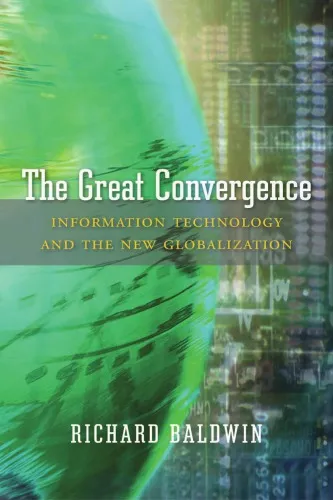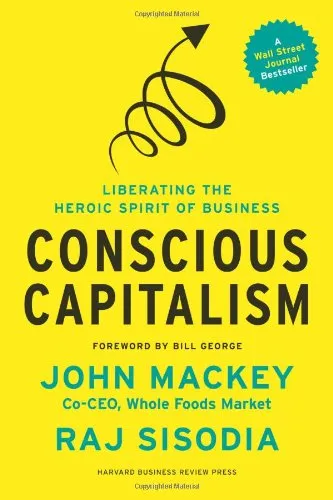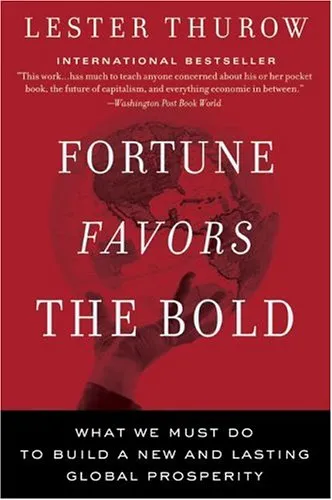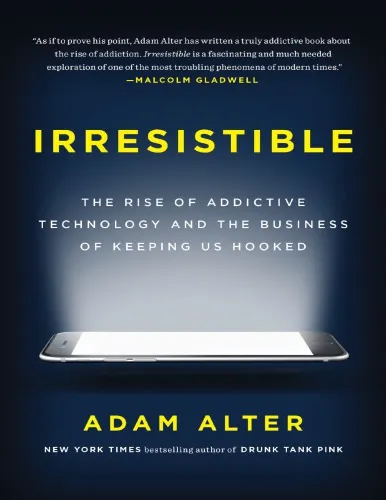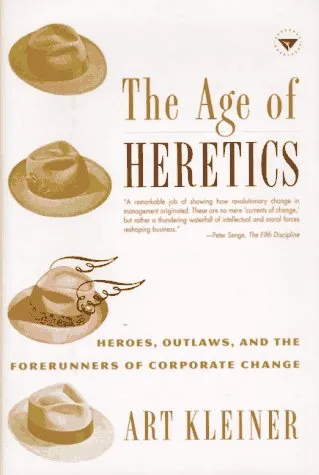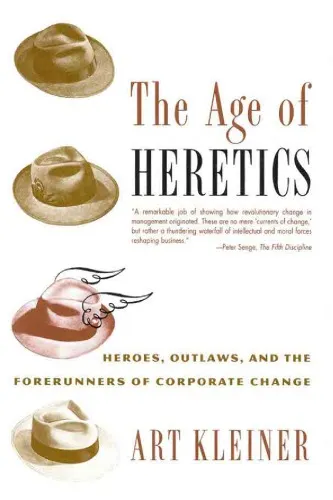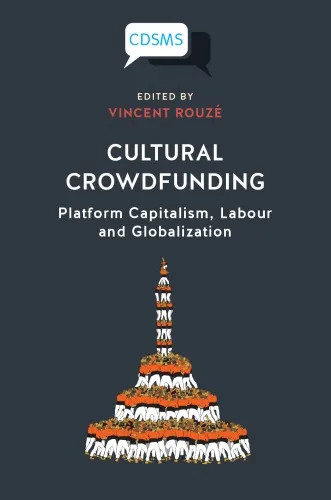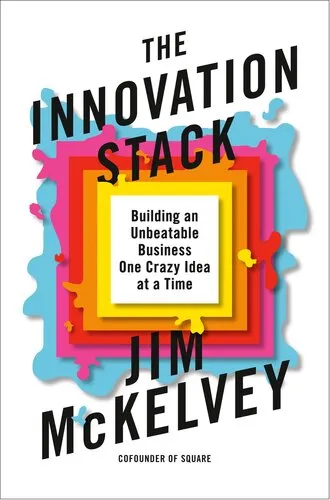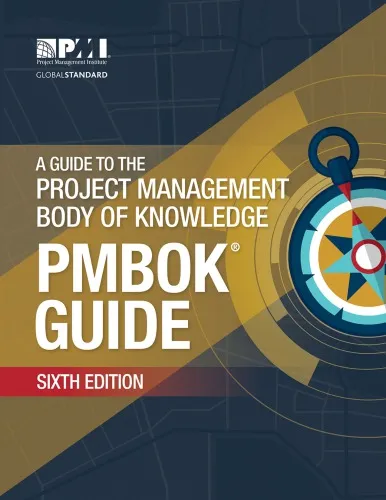The Great Convergence: Information Technology and the New Globalization
4.4
Reviews from our users

You Can Ask your questions from this book's AI after Login
Each download or ask from book AI costs 2 points. To earn more free points, please visit the Points Guide Page and complete some valuable actions.Related Refrences:
Introduction to 'The Great Convergence: Information Technology and the New Globalization'
Written by Richard Baldwin, 'The Great Convergence: Information Technology and the New Globalization' offers a profound lens on how technology, particularly information technology, has transformed the global economy. It explores how humanity is experiencing an unprecedented wave of globalization, unlike anything seen before, owing to advancements in communication and digital technology.
This book challenges traditional perspectives on globalization by taking readers beyond the familiar realms of trade and manufacturing, diving into the second unbundling of globalization – the dramatic change in how production and labor are coordinated worldwide. Baldwin explains how these changes have fundamentally altered the global economic landscape, linking economies and people more tightly than ever before. By bridging dense economic theories with real-world examples, the book demonstrates how this transformation affects economies large and small, developed and emerging.
This introduction equips you with an outline of the book and the powerful implications it holds for global trade, societal equity, and the future of work. Read on to explore more about the key themes, takeaways, quotes, and why this book is shaping modern-day dialogue on globalization.
A Detailed Summary of the Book
At the heart of 'The Great Convergence' lies an examination of what Baldwin calls the "second unbundling" of globalization.
In the past, globalization primarily involved the physical movement of goods – the "first unbundling" – driven by reduced shipping costs and innovations such as steam ships and railroads. This phase largely allowed countries to produce goods where it was most cost-effective to do so, further fueling international trade. Baldwin takes this historical perspective and juxtaposes it with the twenty-first century's era of advanced information technology.
With the rise of digital communication tools, production chains are no longer confined to physical proximity. Companies can coordinate across borders in real-time, enabling developed nations to outsource various segments of production to developing economies while still maintaining control and quality standards. Baldwin defines this new phase as the "second unbundling," where the flow of ideas and knowledge-based services complements or even surpasses the flow of goods.
The book illustrates this evolution through numerous case studies, showing how developing countries have been integrated into global production networks. Baldwin also discusses how these changes challenge existing economic policies, as traditional industrial strategies fall short in managing the fluid, borderless exchange of skills and services.
Key Takeaways
- The "Great Convergence" refers to the narrowing economic gap between developed and developing countries, propelled by global production chains.
- Information technology has enabled firms in advanced economies to offshore knowledge-intensive and service-related functions to regions with lower costs.
- The second unbundling of globalization challenges traditional trade policies and demands innovative approaches to address rising inequality and job displacement.
- Countries that remain excluded from global value chains risk economic stagnation, but technology provides new opportunities for inclusion.
- Globalization has moved beyond the physical flow of goods; knowledge, skills, and digital coordination now drive the global economy.
Famous Quotes from the Book
"Advances in communication technology have not only shrunk distances but have essentially obliterated the cost of moving ideas globally."
"The new globalization is not about moving stuff; it's about moving ideas and knowledge. And in today’s world, ideas are more mobile than people."
"For the first time in history, developing nations are finding themselves on the same economic playing field, thanks to breakthroughs in information technology."
Why This Book Matters
Baldwin’s masterpiece is a must-read for policymakers, economists, and anyone interested in understanding the forces shaping modern globalization.
The book provides a seminal framework for understanding how technology transforms global economics. It urges decision-makers to rethink labor policies, trade agreements, and social safety nets in the face of profound technological disruptions. Whether you are a business leader aiming to adapt to shifting trade patterns or an academic curious about globalization's next phase, Baldwin’s insights are invaluable.
Moreover, the book addresses critical questions about societal equity. As the wealth gap grows and automation threatens jobs, Baldwin’s analysis serves as a call to action for governments to embrace inclusive globalization. By connecting economic theory with practical examples, The Great Convergence bridges the gap between understanding and action, offering a roadmap for a more equitable future.
Free Direct Download
You Can Download this book after Login
Accessing books through legal platforms and public libraries not only supports the rights of authors and publishers but also contributes to the sustainability of reading culture. Before downloading, please take a moment to consider these options.
Find this book on other platforms:
WorldCat helps you find books in libraries worldwide.
See ratings, reviews, and discussions on Goodreads.
Find and buy rare or used books on AbeBooks.
1459
بازدید4.4
امتیاز0
نظر98%
رضایتReviews:
4.4
Based on 0 users review
Questions & Answers
Ask questions about this book or help others by answering
No questions yet. Be the first to ask!
